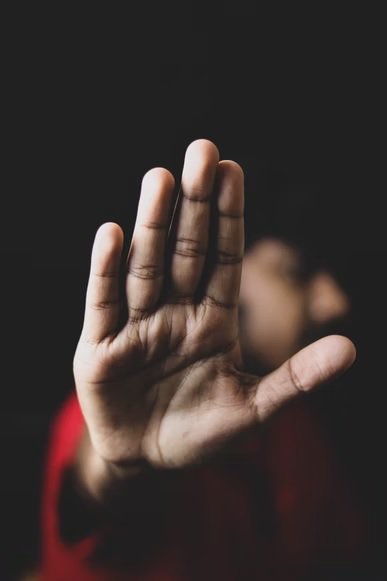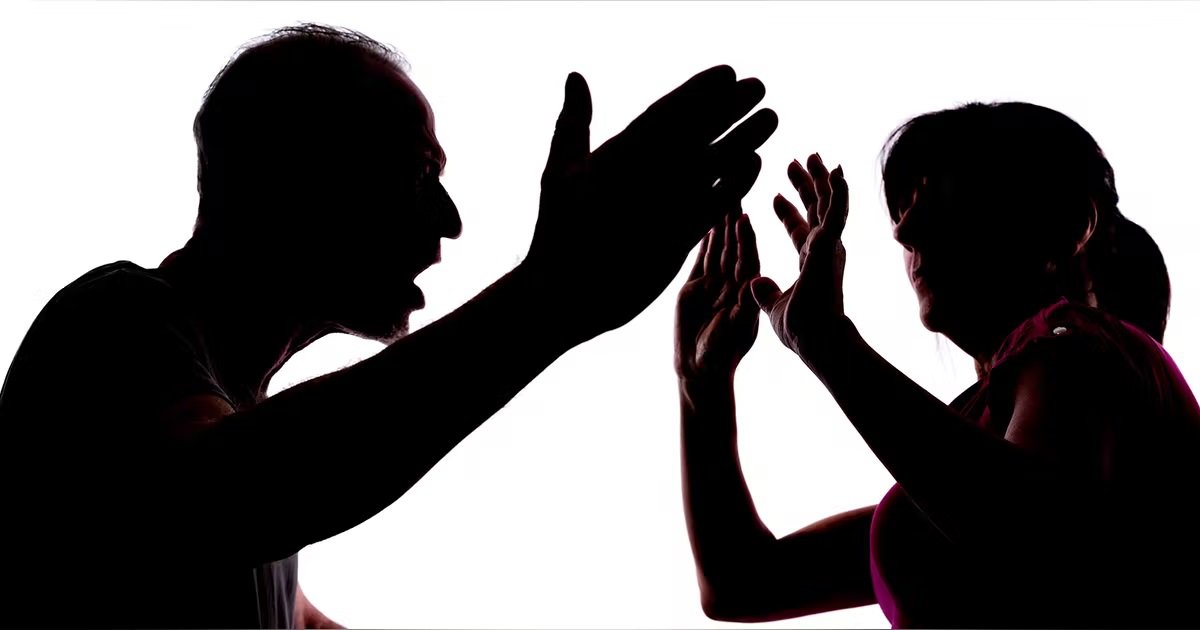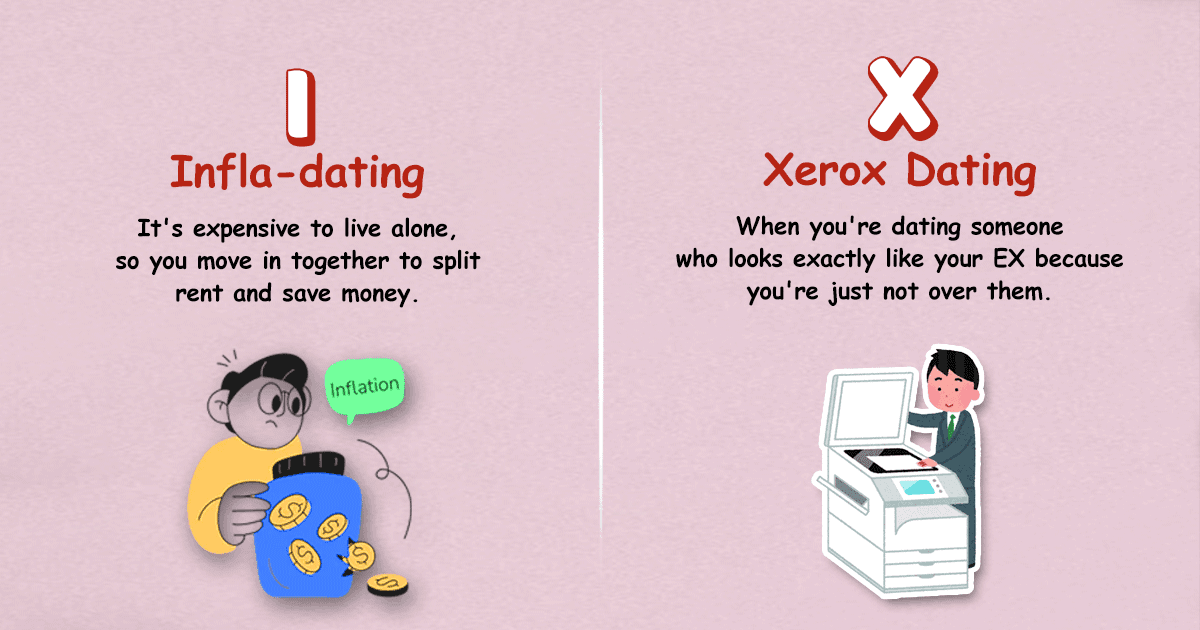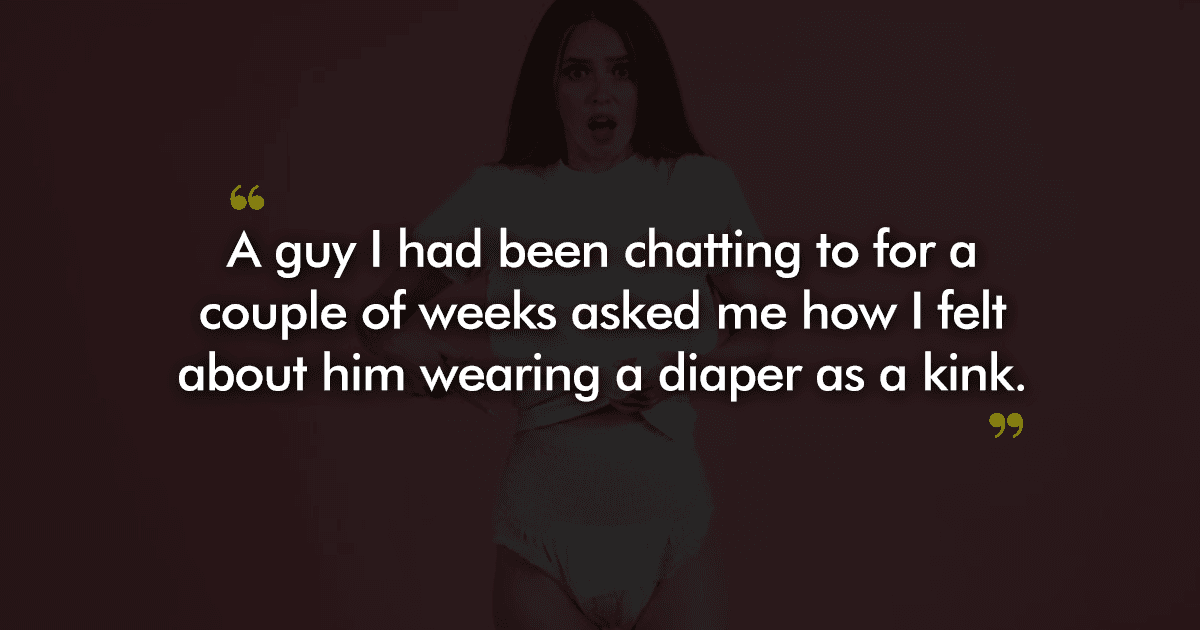Disclaimer: This article discusses domestic violence in detail, reader discretion advised.
The conversation around domestic violence is rare, and when it does happen, there are insights that are often missed. For a lot of people, domestic violence means a person physically attacking their partner, and while that is definitely a part of it, there is a lot more to the brutality.
First off, even the threat of physical cruelty counts as domestic violence. One shouldn’t be expected to show “actual scars” to “prove” that they have been a survivor of it.

Secondly, there is mental torture, a part of domestic violence that is criminally under-discussed. Gaslighting and manipulation, both ruin people’s lives and so often, are much harder to identify as compared to physical barbarity.
Now, all of this is bad enough for a survivor, who, if they ever find the courage to speak out, are frequently told, “Why didn’t you leave?”. Well, because it is not easy to leave a relationship. People undermine the courage it takes for a survivor to process that they are being subjected to a form of torture or toxicity, then call it out, and finally, remove themselves from that situation.

The top reason for this is that manipulators are excellent at pulling their victims back by portraying everything to be their fault. However, not being able to leave can also be attributed to many other psychological factors.
Here’s a Twitter thread where people discuss these aspects of domestic violence and it’s worth a read.
A lot of people think domestic violence is two people arguing and throwing dishes when it’s really about one person slowly, and often quietly, draining the life from a victim they keep at home.
— Myriam Gurba Serrano (@lesbrains) May 30, 2022
It’s definitely gradual and leaving an abusive partner is not easy. Sometimes you go back to your abuser. There’s no clear, straight path out of this
— Dayneé Alejandra (@dayneerosales) May 31, 2022
whats crazier is that I told his friends what he did + nobody believed me, all those friends that knew it as it was happening are ALL accomplices
— A.B. (@Bryan_Aaron) May 31, 2022
I don’t know how people can be friends with abusers, but the thing is that abusers hide it the best from everyone on the outside
My father would only care about what other people think of him. Even now, he acts like he was the ideal husband and father. He would show a completely different face when people weren't there. I never really know when he would fly into a rage. It was unpredictable.
— 🌖 Cælestis 🌔 (@Femme_Queer) May 31, 2022
But when it turned physical and I was in the hospital afterwards, they dropped his case…..this is one of the many reasons I don't trust or rely on this government. There is no equity
— Duckie (@Call_Me_Duckie) May 31, 2022
The really insidious abusers go into social service work too. It helps them mask their abuse and project it onto their victims.
— Baby Alpaca (@BabyAlpaca4) May 31, 2022
I felt this.
— isabelquintero (@isabelinpieces) May 30, 2022
Abusive relationships are like a slow boil, by the time you know you’ve invested enough that walking away is really hard.
— Michael Jefferson (@shadowmrj) May 31, 2022
Another important thing to note is that domestic violence extends beyond romantic relationships. A child could also be subjected to it.
in my case, my parents LITERALLY and mentally isolated me. it took me until literally this week to realized the manipulation tactics they used to do so. i think people severely underestimate the amount of time it can take to realize you’re being abused and to get out.
— young k’s military wife (@kailovesjjong) May 31, 2022
More often than not, the solution for such brutality is medical and/or legal, however, if you know a survivor, hearing them out and believing them will be extremely helpful. Anyone who is made to suffer in a household by another person is a survivor of domestic violence, irrespective of the nature of it.
If you or someone you know is being/has been subjected to domestic violence, here are some resources for help.

















